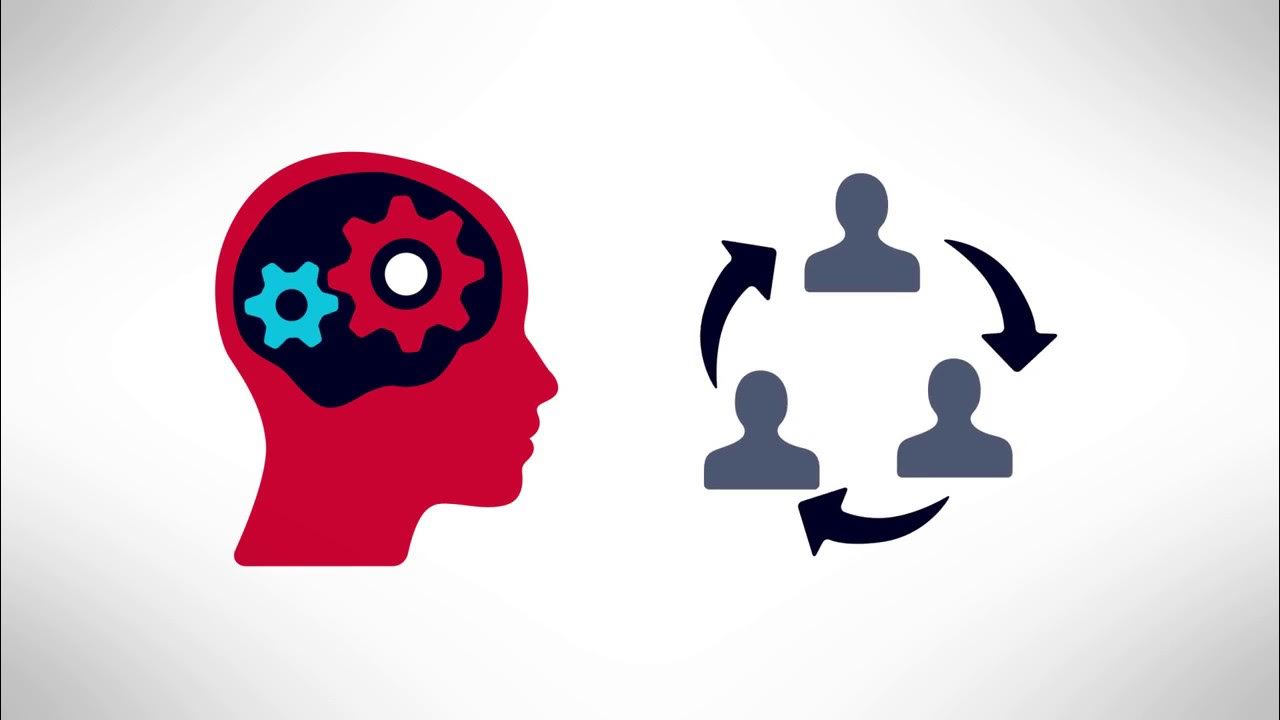MANAJEMEN OPERASIONAL (STRATEGI PROSES)
Summary
TLDRThis presentation discusses process strategy in operational management, focusing on how organizations transform resources into goods and services. It covers four types of process strategies: process focus, repetitive focus, mass customization focus, and their implications for efficiency, flexibility, and cost. The speaker also highlights process analysis tools like flowcharts, value stream mapping, and service blueprints to optimize production and service delivery. Additionally, the presentation emphasizes the role of technology, ethical practices, and environmental responsibility in shaping effective strategies for competitive advantage and sustainability in operations.
Takeaways
- 😀 Strategy process refers to an approach for transforming resources into goods and services, aiming to meet customer specifications within budget and management constraints.
- 😀 The primary goal of strategy process is to find efficient ways to produce goods and services that satisfy customer needs, while considering cost, quality, and flexibility.
- 😀 There are four main types of strategy processes: Process focus, Repeat focus, Mass customization focus, and Customization mass production focus.
- 😀 Process focus involves organizing production facilities around specific processes to handle low-volume, high-variety production.
- 😀 Repeat focus is a process production method based on product-oriented capital, commonly used in continuous processes like car assembly lines.
- 😀 Mass customization focus allows for rapid and cost-effective production of customized products and services, meeting specific customer demands.
- 😀 Effective process analysis and design require addressing key questions such as achieving competitive advantage through differentiation or cost reduction.
- 😀 Various process analysis tools, such as flow diagrams, time-function mapping, and value stream mapping, help optimize and improve process designs.
- 😀 Service blueprinting focuses on designing service processes, with a particular emphasis on customer interactions and how service delivery can meet unique customer needs.
- 😀 The role of layout design in both goods and service industries is crucial for creating efficient flow, enhancing customer experience, and ensuring operational safety.
- 😀 Technological advancements and ethical practices, such as reducing environmental impacts, are becoming integral parts of process strategies, contributing to both efficiency and sustainability.
Q & A
What is process strategy?
-Process strategy refers to an organizational approach to transforming resources into goods and services. It aims to identify ways to produce products and services that meet customer requirements, product specifications, and cost constraints while maintaining managerial feasibility.
What are the four types of process strategies mentioned in the transcript?
-The four types of process strategies are: 1) Process-Focused Strategy, 2) Repetitive Focus Strategy, 3) Mass Customization Focus, and 4) Continuous Process Strategy.
What is the goal of a process-focused strategy?
-The goal of a process-focused strategy is to organize the production facility around processes to facilitate low-volume, high-variety production, focusing on diverse tasks like welding, polishing, and painting.
How does the repetitive focus strategy differ from the process-focused strategy?
-The repetitive focus strategy is oriented towards products made from pre-assembled components, often in continuous processes like assembly lines. It is more structured and less flexible compared to the process-focused strategy.
What is mass customization in process strategy?
-Mass customization refers to the strategy of producing goods and services that meet specific customer desires quickly and cost-effectively. It emphasizes offering variety while maintaining economies of scale and flexibility.
What are the key questions to consider when analyzing and designing processes?
-Key questions include: 1) Is the process designed to achieve competitive advantages through differentiation, fast response, or cost leadership? 2) Does the process maximize customer value?
What are the five process design tools mentioned in the script?
-The five process design tools are: 1) Flow Diagram, 2) Time Function Mapping, 3) Value Stream Mapping (VSM), 4) Process Diagram, and 5) Service Blueprinting.
How does value stream mapping (VSM) differ from time function mapping?
-Value stream mapping (VSM) extends time function mapping by considering the entire production process, including the supply chain, and identifying value-added and non-value-added activities. Time function mapping focuses mainly on activities over time within a process.
Why is service blueprinting important in process design for service sectors?
-Service blueprinting is crucial because it helps focus on customer interactions and service delivery. It ensures that service processes are designed to meet customer needs and expectations, particularly in industries where direct consumer interaction is essential.
What role does technology play in process strategy, according to the transcript?
-Technology plays a significant role in improving productivity across sectors, including the use of advanced diagnostic tools in automotive repair, healthcare, and even in the aviation sector. It helps streamline processes, increase efficiency, and maintain high standards in service delivery.
How can ethical and environmental considerations impact process strategies?
-Ethical and environmental considerations impact process strategies by prompting companies to adopt practices that reduce waste, conserve resources, and minimize environmental harm. This could involve using energy-efficient systems, recycling, or reducing emissions, while still achieving strategic goals.
Outlines

This section is available to paid users only. Please upgrade to access this part.
Upgrade NowMindmap

This section is available to paid users only. Please upgrade to access this part.
Upgrade NowKeywords

This section is available to paid users only. Please upgrade to access this part.
Upgrade NowHighlights

This section is available to paid users only. Please upgrade to access this part.
Upgrade NowTranscripts

This section is available to paid users only. Please upgrade to access this part.
Upgrade Now5.0 / 5 (0 votes)





